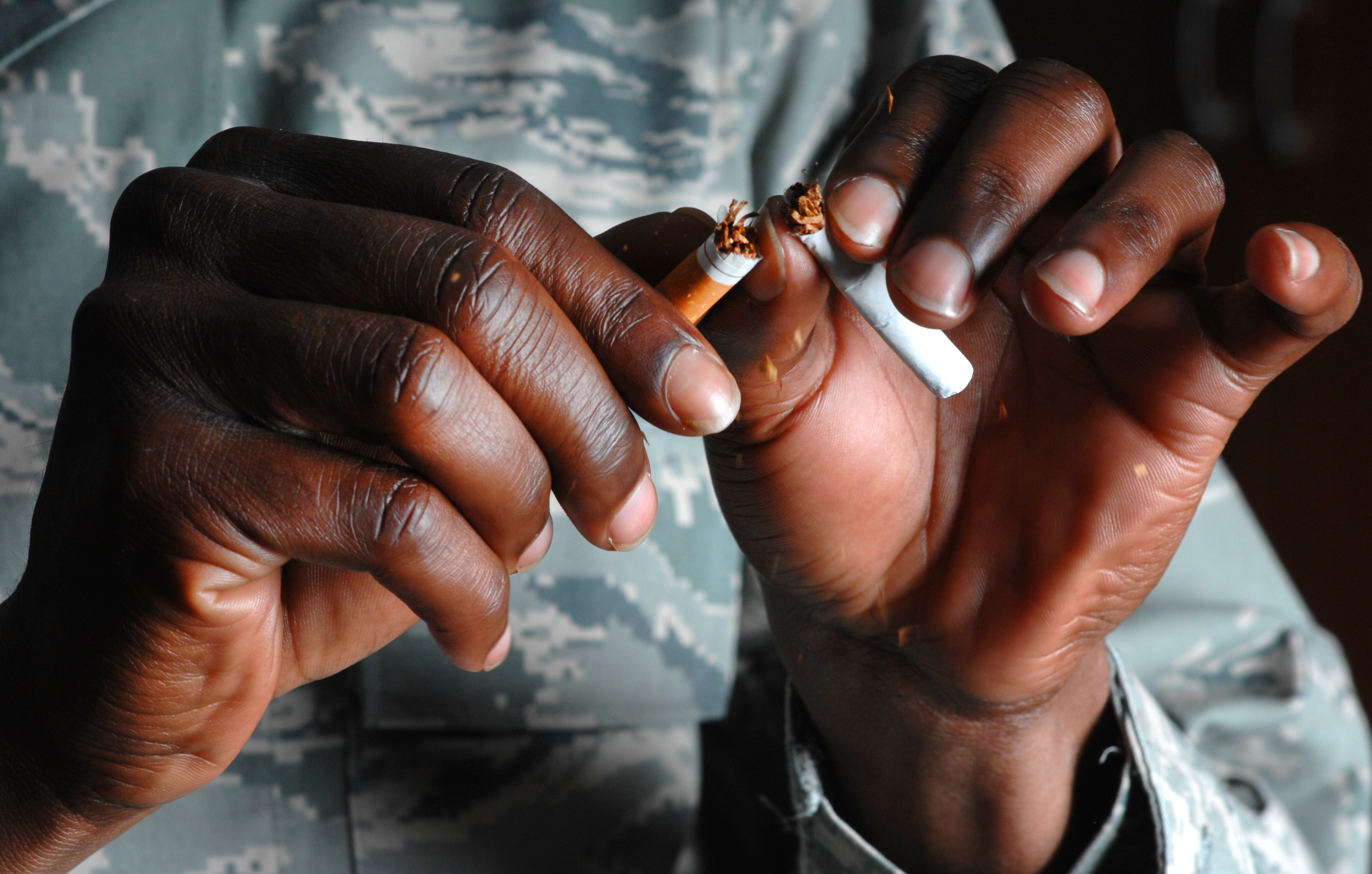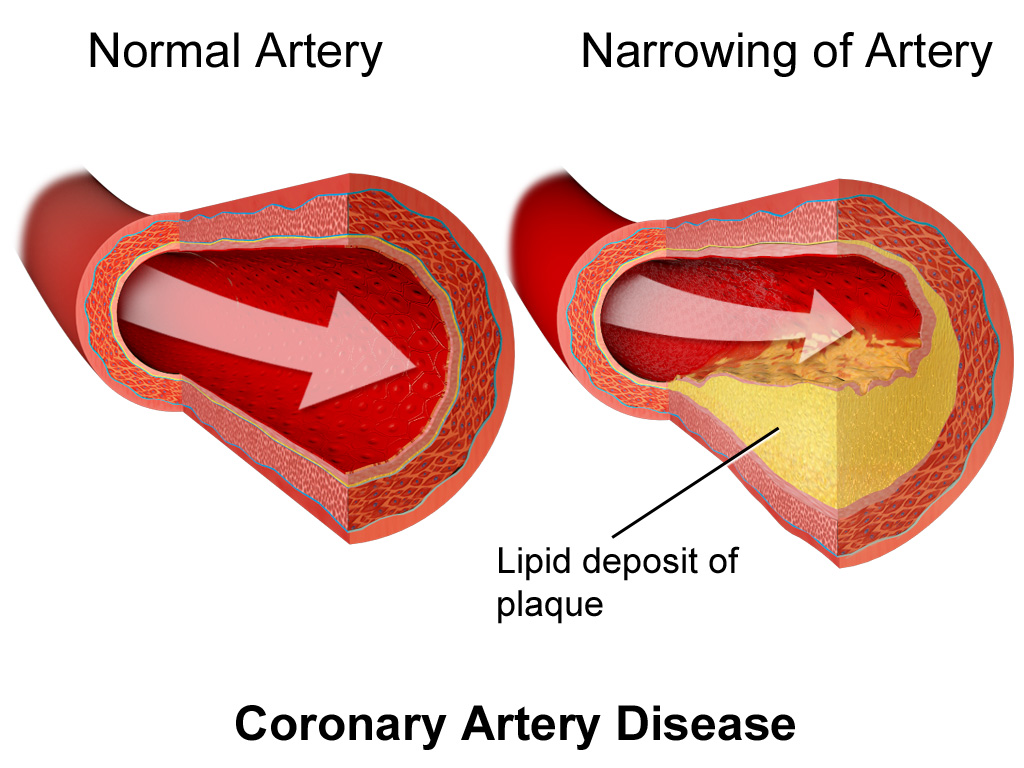13 Wonderful Ways Your Body Changes When You Quit Smoking
Twelve Hours After You Quit Smoking The Carbon Monoxide Levels In Your Body Begin Decreasing

Carbon monoxide is colorless and odorless and known as a silent killer. Its effect on the body is to poison red blood cells and prevent oxygen from being absorbed into the bloodstream. If body tissues are not receiving adequate oxygen supplies, they stop functioning altogether. Carbon monoxide in cigarettes will immediately produce the effects of shortness of breath and increased heart rate while prolonged exposure to carbon monoxide in cigarettes will lead to heart disease and even heart failure as well as other health problems. In only twelve hours after quitting smoking, the carbon monoxide levels in your body will decrease and the oxygen in your blood will begin to increase to normal levels.
Twenty-Four Hours After You Quit Smoking You Lower Your Risk Of Coronary Artery Disease (CAD)

Coronary heart disease (also called coronary artery disease) occurs when cholesterol accumulates on the artery walls, which then narrows the arteries and restricts blood flow to the heart. Smoking causes coronary heart disease by increasing blood pressure and blood clotting and decreasing tolerance to exercise. Combined with dietary and lifestyle factors, it greatly increases the risk of coronary heart disease. In fact, smokers have a seventy percent greater risk of coronary heart disease than non-smokers. Just after quitting for twenty-four hours, your risk of coronary heart disease will start to decrease. That also means your risk of getting a heart attack is reduced and you are on your way to better heart health.
